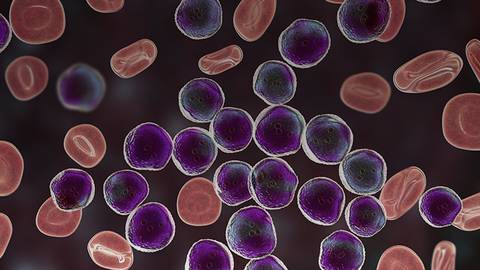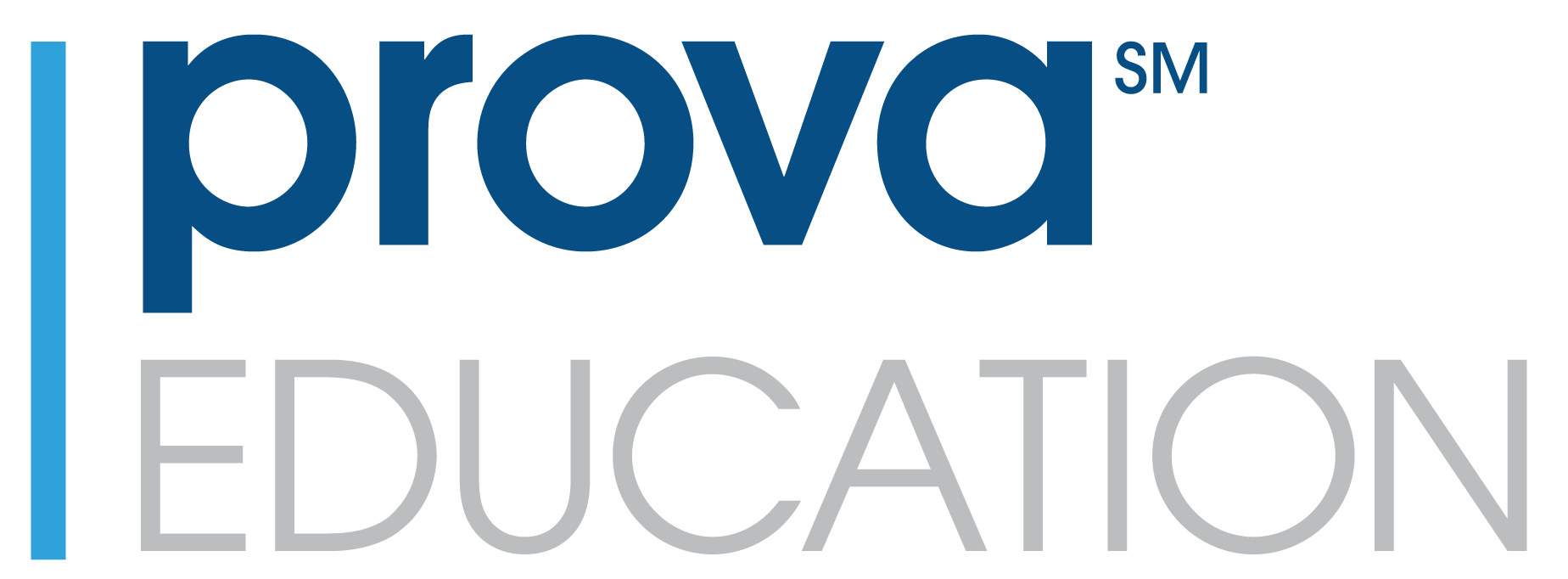Announcer:
Welcome to CME on ReachMD. This episode is part of our MinuteCME curriculum.
Prior to beginning the activity, please be sure to review the faculty and commercial support disclosure statements as well as the learning objectives.
Dr. Matasar:
This is CME on ReachMD, and I’m Dr. Matt Matasar. Here with me today is Dr. Kami Maddocks. Let’s talk about the rationale and evidence for using antibody-drug conjugates in follicular lymphoma.
Dr. Maddocks, what’s the latest?
Dr. Maddocks:
Thank you, Dr. Matasar. So, currently there are actually no antibody-drug conjugates approved in follicular lymphoma; however, they are approved in other lymphomas, including diffuse large B-cell lymphoma, and we’ve seen a lot of agents that have been active in other lymphomas that show activity and promise in follicular lymphoma. So when you really look at our current standards of treatment for follicular lymphoma, there’s no standard way to sequence therapy. I would say that the majority of patients are treated in the frontline setting with chemoimmunotherapy and receive an agent, maybe such as lenalidomide in the second-line setting, with a number of other options available otherwise. So because patients with follicular lymphoma typically live very long life spans, there is an increasing number of therapies that are being investigated to be used in this setting.
So polatuzumab vedotin is an antibody-drug conjugate that targets CD79b. This has been shown to be effective and is approved in relapsed/refractory diffuse large B-cell lymphoma, and therefore, you know, was of interest in studying it in relapsed/refractory follicular lymphoma. So this agent has shown activity, including in a triplet combination of polatuzumab in combination with obinutuzumab and lenalidomide, both of which are effective agents and approved in relapsed/refractory follicular lymphoma. So this triplet combination of therapies was shown to be well tolerated and not add toxicity to each additional agent, have very high overall response rates, complete response rates, and we’ve seen follow-up at 4 years showing that this triplet combination led to some very durable remissions in these patients.
Loncastuximab tesirine is another antibody-drug conjugate approved in relapsed/refractory diffuse large B-cell lymphoma. This targets CD19. We know that other CD19 therapies have been effective in relapsed/refractory follicular lymphoma, and there is potential here as well.
Dr. Matasar:
Dr. Maddocks, thank you for that overview of the opportunities that antibody-drug conjugates may offer us in the treatment of patients with follicular lymphoma. And you’re right. It’s interesting that we’ve seen such progress made in aggressive B-cell lymphomas, namely diffuse large B-cell lymphoma, with the advent of polatuzumab, first in the relapsed/refractory setting, and now with the POLARIX data in first-line patients. We have loncastuximab tesirine with a different payload, that being a PBD [pyrrolobenzodiazepine] payload attached to a CD19-directed antibody – opportunities to treat patients with large cell lymphoma with effective and sometimes less toxic treatments. And it’s exciting to see the ongoing efforts to translate that progress into patients with follicular lymphoma as well. I agree, the obin-len-pola combination was interesting, certainly well tolerated and certainly active, and may represent a path forward for incorporating multi-agent programs in patients with relapsed/refractory follicular lymphoma.
Certainly, I also believe that loncastuximab should be active in this disease state, and I know that work is ongoing to better characterize the activity and safety of lonca in patients with follicular lymphoma. The ultimate question, of course, will be in the face of an ongoing evolution in our therapeutic armamentarium for follicular lymphoma, with the advent of bispecific antibodies and CAR T-cell therapy, when and how we can best incorporate these novel antibody-drug conjugates into treatment paradigms. But I’m excited to see the progress that the future will bring.
So a very good micro discussion. Unfortunately, our time is limited and is now up. Thanks for listening.
Announcer:
You have been listening to CME on ReachMD. This activity is provided by Prova Education and is part of our MinuteCME curriculum.
To receive your free CME credit, or to download this activity, go to ReachMD.com/Prova. Thank you for listening.


 In support of improving patient care, Global Learning Collaborative (GLC) is jointly accredited by the Accreditation Council for Continuing Medical Education (ACCME), the Accreditation Council for Pharmacy Education (ACPE), and the American Nurses Credentialing Center (ANCC) to provide continuing education for the healthcare team.
In support of improving patient care, Global Learning Collaborative (GLC) is jointly accredited by the Accreditation Council for Continuing Medical Education (ACCME), the Accreditation Council for Pharmacy Education (ACPE), and the American Nurses Credentialing Center (ANCC) to provide continuing education for the healthcare team.






Facebook Comments